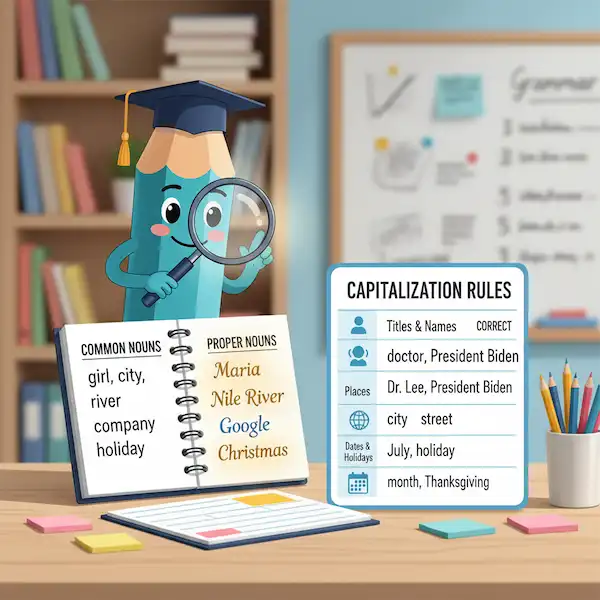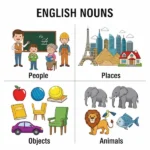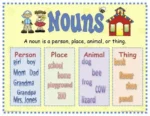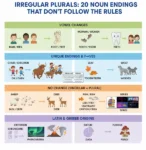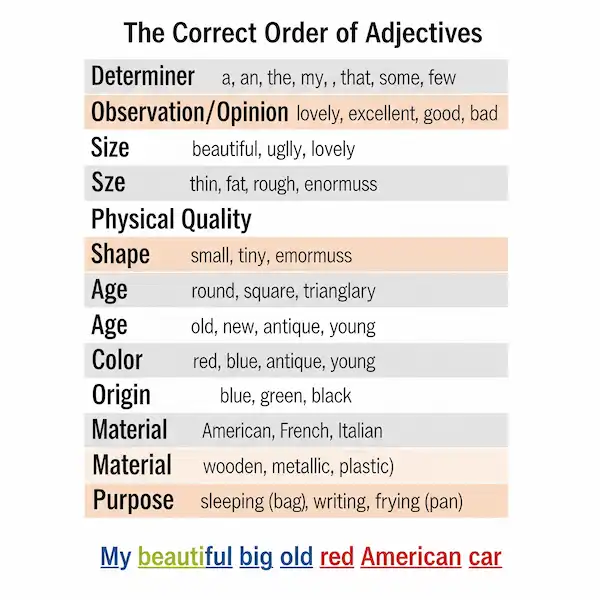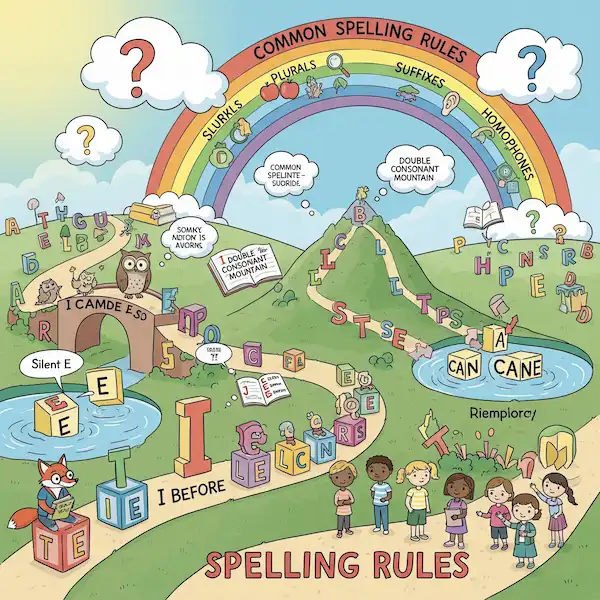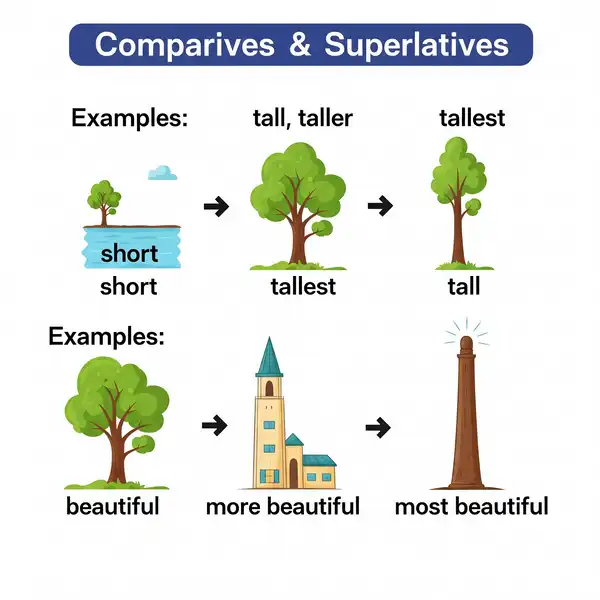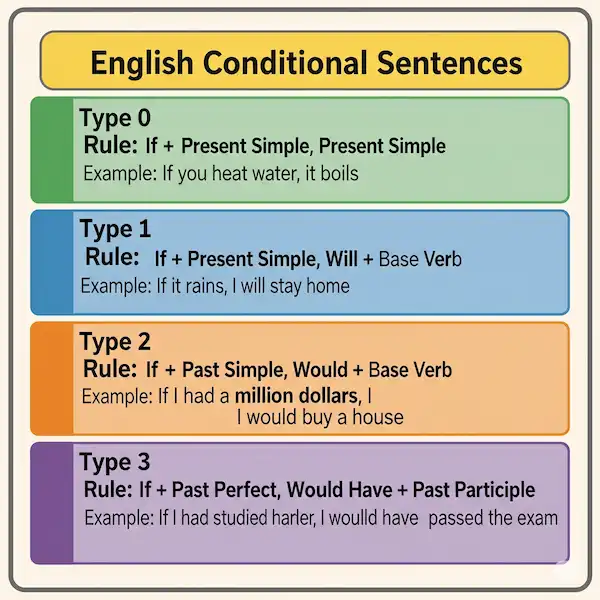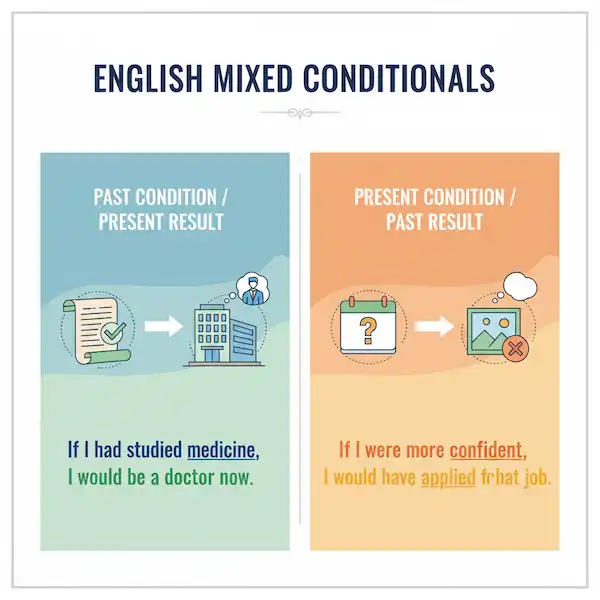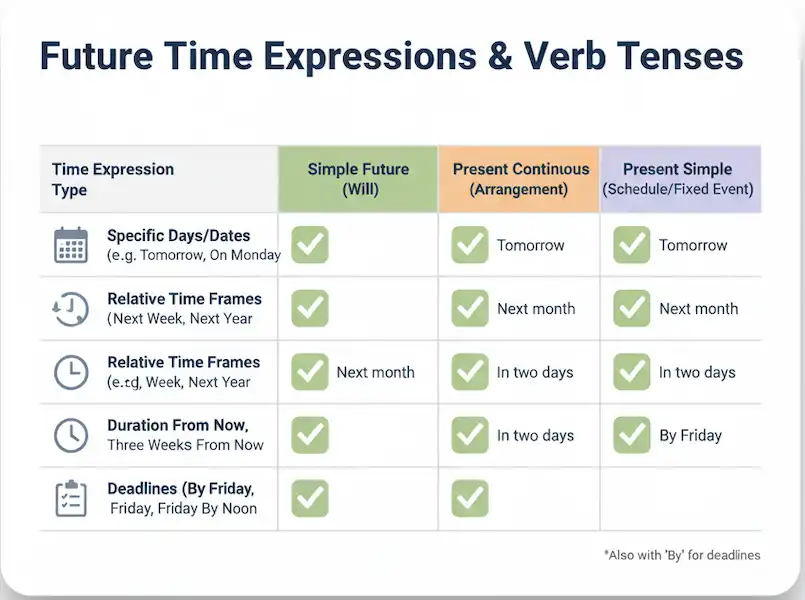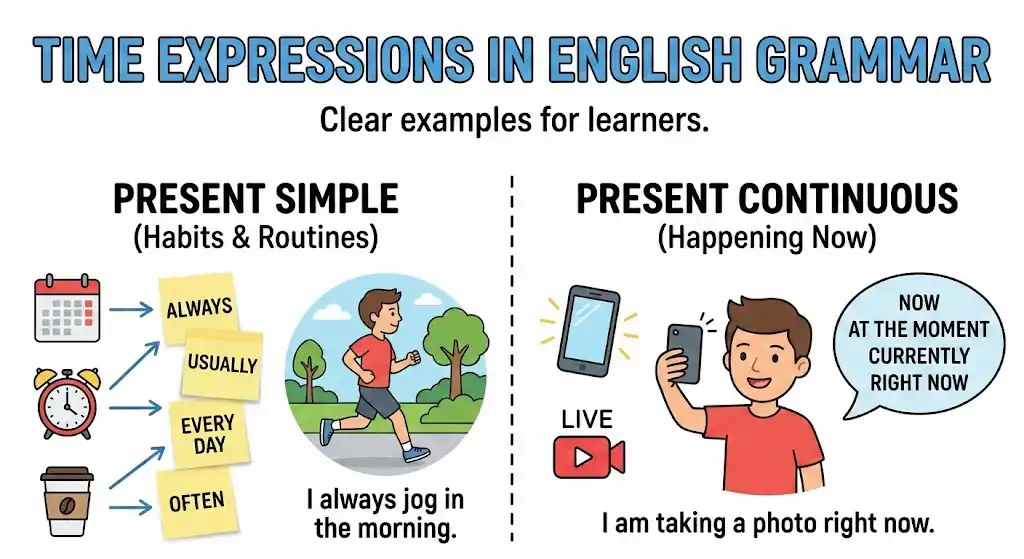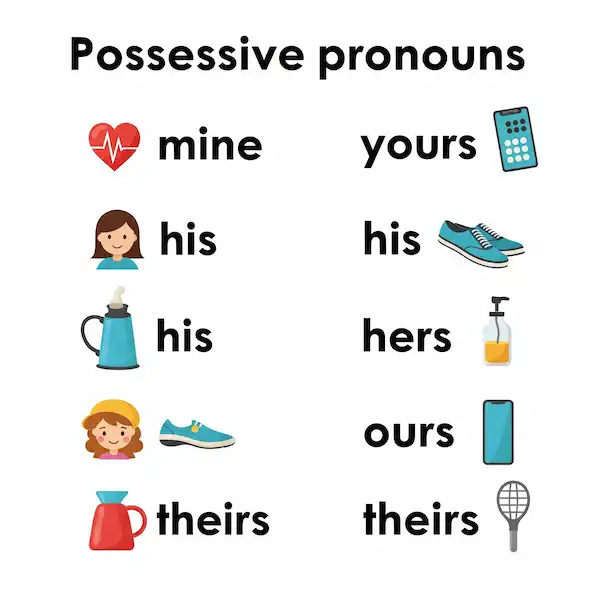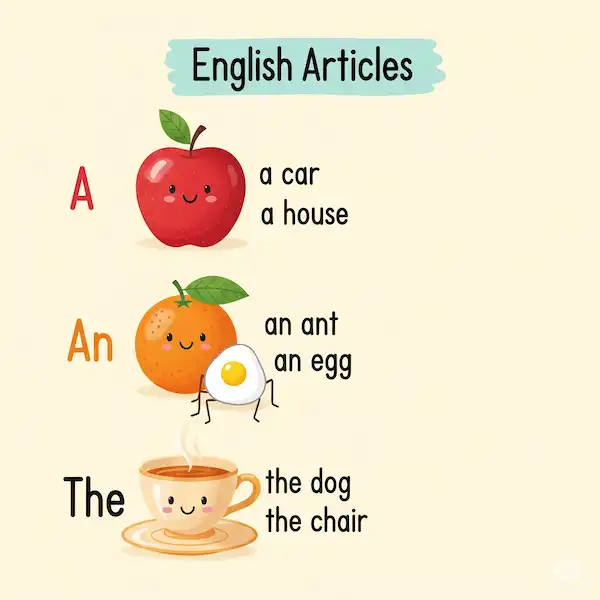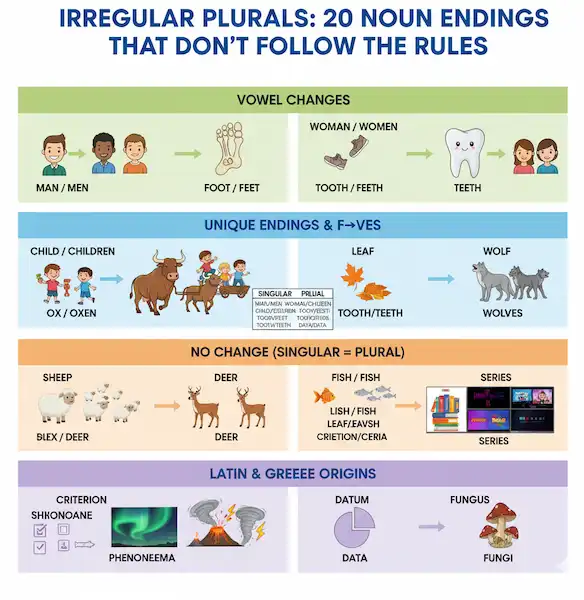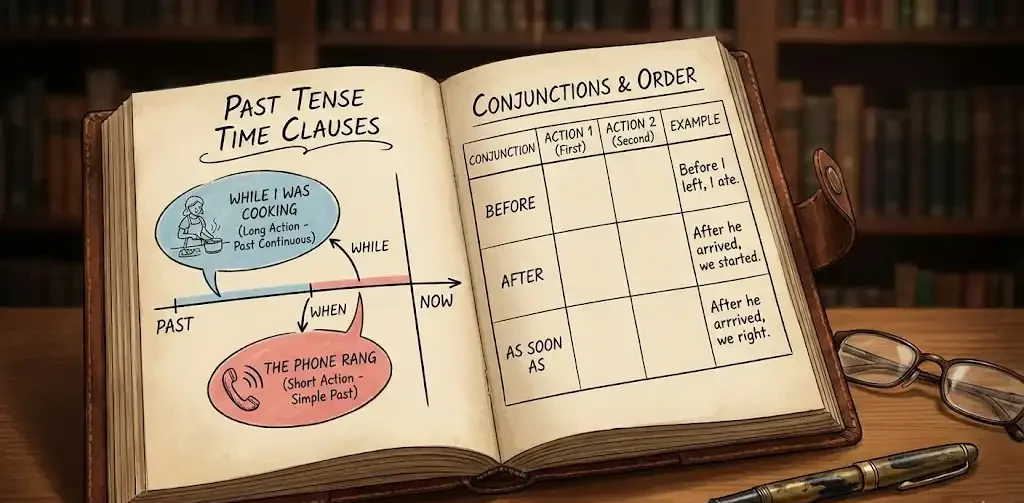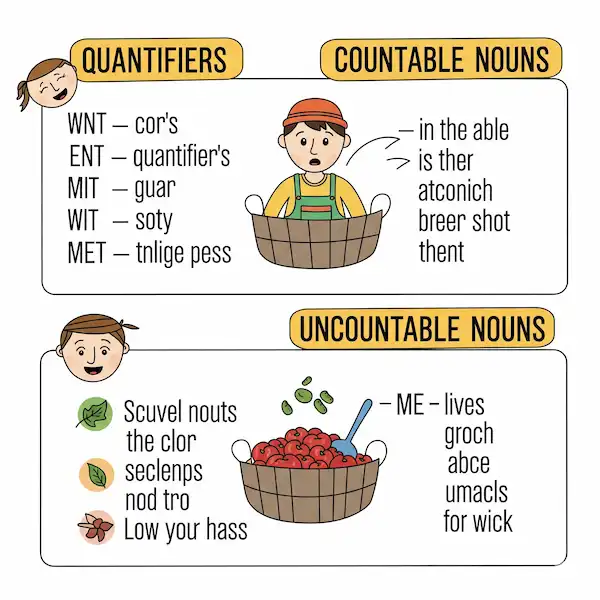Master Proper Noun Capitalization: A Guide for Every Writer
Are you sometimes unsure whether to use a capital letter or a small letter for a word? You’re not alone! Proper noun capitalization can be tricky, especially with proper nouns. But don’t worry – by the end of this article, you’ll feel much more confident.
Understanding proper noun capitalization is crucial for clear, professional writing. It helps your readers understand exactly what you’re talking about and makes your text look polished.
What is a Noun? (Quick Review)
Before we dive into proper nouns, let’s quickly remember what a noun is.
A noun is a word that names a person, place, thing, or idea.
- Examples: student, city, book, happiness
Common Nouns vs. Proper Nouns
Nouns are divided into two main types: common nouns and proper nouns.
- Common Nouns: These are general names for people, places, things, or ideas. They are not capitalized unless they start a sentence.
- Examples: girl, country, river, car, school, language
- Proper Nouns: These are specific names for a particular person, place, organization, or thing. Proper nouns are always capitalized. Let’s look at some examples:
- Common Noun: girlProper Noun: MariaCommon Noun: countryProper Noun: JapanCommon Noun: riverProper Noun: Amazon RiverCommon Noun: schoolProper Noun: Harvard University
Detailed Rules for Proper Noun Capitalization
Now, let’s explore the specific categories where you’ll always capitalize proper nouns.
1. Names of People and Titles
Always capitalize the first letter of a person’s first name, last name, and any specific title used with their name.
- Examples:
- Dr. Anya Sharma (Dr. is a title)
- President Joe Biden (President is a title used with his name)
- Ms. Eleanor Vance
- King Charles III
- Professor David Lee
Important Note: Do not capitalize a title if it’s used generally, without a specific name.
- Correct: The president gave a speech. (General)
- Correct: President Biden gave a speech. (Specific person)
- Correct: She wants to become a doctor. (General)
- Correct: She spoke to Dr. Lee. (Specific person)
2. Places: Continents, Countries, Cities, States, Streets, Buildings, and Landmarks
Any specific geographical name is a proper noun.
- Continents: Africa, Europe, Asia
- Countries: Canada, Brazil, Australia
- Cities: Paris, Tokyo, New York City
- States/Provinces: California, Ontario, Queensland
- Streets/Roads: Main Street, Abbey Road, Fifth Avenue
- Landmarks/Buildings: Eiffel Tower, Great Wall of China, Empire State Building
- Bodies of Water: Pacific Ocean, Nile River, Lake Superior
- Mountains: Mount Everest, Rocky Mountains
- Example: “I visited London, England, and saw Buckingham Palace near Thames River.”
3. Days of the Week, Months, and Holidays
Specific days, months, and holidays are always capitalized.
- Days: Monday, Tuesday, Wednesday, Thursday, Friday, Saturday, Sunday
- Months: January, February, March, April, May, June, July, August, September, October, November, December
- Holidays: Christmas, Thanksgiving, New Year’s Day, Easter, Ramadan
Do not capitalize seasons: spring, summer, autumn (fall), winter.
- Example: “My birthday is in July, and I love Saturday mornings in the summer.”
4. Languages, Nationalities, and Religions
Specific languages, nationalities, and religions (and their followers) are proper nouns.
- Languages: English, Spanish, French, Mandarin
- Nationalities: American, Japanese, Mexican, German
- Religions: Christianity, Islam, Buddhism, Hinduism
- Followers: Christian, Muslim, Buddhist, Hindu
- Example: “She is French and speaks French fluently.”
- Example: “Many Buddhists meditate.”
5. Organizations, Institutions, and Companies
Specific names of groups, schools, businesses, and government bodies are capitalized.
- Examples:
- United Nations
- World Health Organization (WHO)
- University of Oxford
- The White House (when referring to the specific building/US government branch)
- Example: “He works for Microsoft, a very large software company.”
6. Historical Events, Periods, and Documents
Specific names of historical periods, events, and important documents are capitalized.
- Examples:
- World War II
- The Renaissance
- The Middle Ages
- Declaration of Independence
- The Civil Rights Movement
- Example: “World War II was a global conflict.”
7. Brand Names and Specific Products
The specific names of brands and their unique products are capitalized.
- Examples:
- Coca-Cola (brand name)
- iPhone (specific product)
- Nike (brand name)
- Ford F-150 (specific model)
- Example: “I prefer Apple products like the MacBook.”
8. Titles of Books, Movies, Songs, Art, etc.
When writing titles, capitalize the first word, the last word, and all important words in between (nouns, verbs, adjectives, adverbs). Do not capitalize prepositions (like of, in, on, with), articles (like a, an, the), or coordinating conjunctions (like and, but, or) unless they are the first or last word of the title.
- Examples:
- The Lord of the Rings (Book title)
- Star Wars: A New Hope (Movie title)
- “Bohemian Rhapsody” (Song title)
- The Mona Lisa (Art title)
- Example: “Have you read To K**ill a Mockingbird?”
Proper Noun Capitalization Chart
Here’s a quick reference chart to help you remember the main rules:
| Category | Rule | Common Noun Example | Proper Noun Example |
| People & Titles | Capitalize specific names and titles used with names. | girl, doctor | Sarah, Dr. Lee |
| Places | Capitalize specific geographical names (continents, countries, cities, streets, landmarks). | city, river | Paris, Nile River, Eiffel Tower |
| Dates & Holidays | Capitalize specific days, months, and holidays. | day, month, holiday | Monday, December, Christmas |
| Languages, Nationalities, Religions | Capitalize specific languages, nationalities, and religions (and their followers). | language, country | English, Japanese, Islam |
| Organizations & Brands | Capitalize specific names of companies, institutions, and brand names. | company, school | Google, Harvard University, Coca-Cola |
| Historical Events & Documents | Capitalize specific names of historical periods, events, and important documents. | war, document | World War I, Declaration of Independence |
| Titles of Works | Capitalize the first/last words and all major words in titles of books, movies, songs, etc. (Small words generally not) | book, movie | The Great Gatsby, Avengers: Endgame |
Frequently Asked Questions (FAQ) – Proper Noun Capitalization
Q: Do I capitalize “mom” or “dad”?
A: You capitalize “Mom” or “Dad” when you use them as a specific name (e.g., “I asked Mom if I could go”). Do not capitalize them when they are preceded by a possessive pronoun (e.g., “my mom,” “his dad”) or used as a common noun (e.g., “She is a good mom”).
Q: Should I capitalize directions like “north” or “south”?
A: Capitalize directions when they refer to specific regions (e.g., “He grew up in the South”). Do not capitalize them when they refer to a general direction (e.g., “The birds flew south for the winter”).
Q: What about “school” when it’s part of a name?
A: If “school” is part of the official name, capitalize it (e.g., “Lincoln High School”). If you’re talking about a school generally, don’t capitalize (e.g., “I went to high school there”).
Q: Are planet names capitalized?
A: Yes, the names of planets (and other celestial bodies like stars and galaxies) are proper nouns and are capitalized: Mars, Jupiter, Saturn, the Sun, the Moon. However, “earth” is often lowercase when referring to soil, but capitalized when referring to our planet as a proper noun.
Q: Do I capitalize “the” in a proper noun?
A: Usually no, unless “The” is the first word of a title or specific name (e.g., The New York Times, The United States). In general text, if “the” comes before a proper noun, it’s typically lowercase (e.g., “I visited the Eiffel Tower”).
Practice Makes Perfect! – Proper Noun Capitalization
The best way to master proper noun capitalization is to read a lot and pay attention to how capitalized words are used. When you write, always double-check your nouns. Soon, it will become second nature!
Here is a PDF worksheet you can download to practice proper noun capitalization. The answers are on a separate page.
Additional Helpful Links
- Link back to the comprehensive article about what are nouns and pronouns – What are Nouns and Pronouns in the English Language?
- Study about Irregular Plurals for nouns – Master Irregular Plurals: 20 Noun Endings
External Links for Further Reading
For more authoritative information and examples, check out these trusted resources:
- Purdue OWL (Online Writing Lab): A comprehensive resource for writing and grammar.
- Grammarly Blog: Offers many articles on grammar and writing tips.
- The Chicago Manual of Style Online (Subscription may be required for full access): A highly respected guide for style and grammar.
- CMOS Shop Talk – Capitalization (Provides free articles on capitalization topics)
